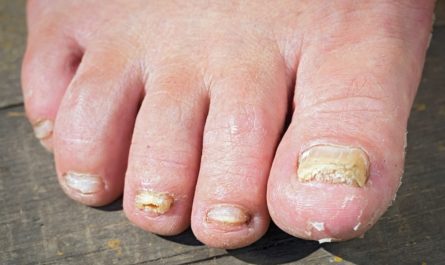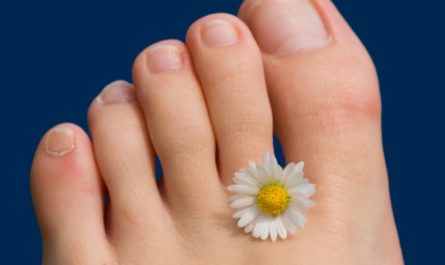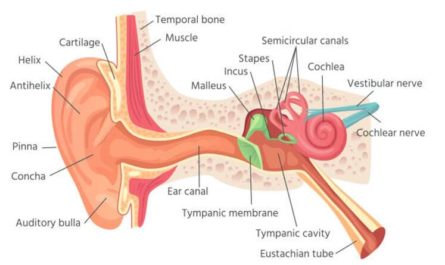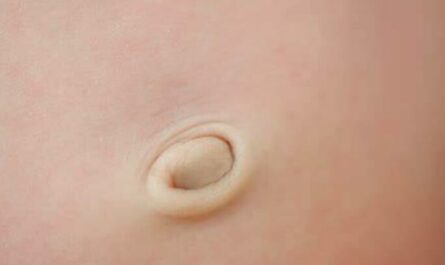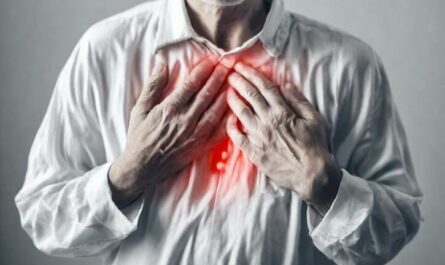Dizziness and lightheadedness are common symptoms for many people. If you experience these symptoms, you may feel like you’re spinning, your head is whirling, or the room is tipping. Dizziness and lightheadedness are usually the result of a disruption in the normal balance of blood flow to the brain.
The good news is most cases of lightheadedness and dizziness are not serious and will likely resolve on their own. If you regularly suffer from dizziness or lightheadedness, consult your doctor to determine the cause and appropriate treatment options. This article will discuss 16 common causes of dizziness and lightheadedness and their treatments.
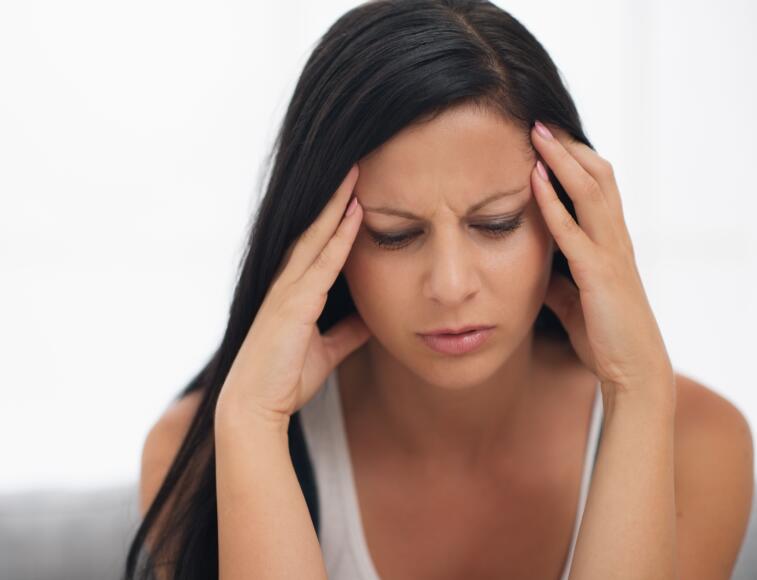
Symptoms of dizziness and lightheadedness
Dizziness and lightheadedness are often accompanied by other symptoms, including:
- An abnormal sensation in your ears
- Tingling or numbness in the arms or legs
- Vision problems and Dry mouth
- Increased urination
- Rapid heart rate
- Chest pain or shortness of breath
- Weakness or fatigue
- Feeling faint, anxious, stressed, or panic
- Feeling sick to your stomach
- Sweating and Headache
- Feeling dizzy when you stand up
- Feeling dizzy when you sit down
- Feeling as if you’re spinning
- Feeling as if you’re swaying from side to side
16 Causes of Dizziness and Lightheadedness
There are many causes of dizziness and lightheadedness, including:
1. Low Blood Sugar
One common cause of dizziness and lightheadedness is low blood sugar (hypoglycemia). This can occur for several reasons, including skipping meals, exercising without eating, having an insufficient diet, or having diabetes.
If your blood sugar is low, you’ll feel increasingly weak and lightheaded until it passes. Some people describe this as a feeling like they’re going to faint, which can sometimes be accompanied by nausea and sweating.
If you have diabetes and experience mild low blood sugar episodes regularly, check your blood sugar regularly and eat on a schedule to prevent it from becoming a serious problem.
2. Vertigo
Another possible cause of dizziness and lightheadedness is vertigo. Vertigo is an imbalance in your inner ear that can lead to feelings of dizziness, unsteadiness, and nausea. It can be caused by various medical issues, including ear infections, upper respiratory infections, migraines, and certain medications.
If you have vertigo that suddenly comes on, you should see a doctor determine the cause. If you have a long-term issue with dizziness, you may need treatment to help you manage it.
3. Standing Up Too Quickly or too long
Another possible cause of dizziness and lightheadedness is standing up too quickly or too long. If you stand up too quickly, the blood in your legs rushes back to your heart too quickly, which can cause dizziness.
If you’re standing for a long period, your leg and abdominal muscles can become fatigued, and blood flow to your brain can decrease, leading to lightheadedness. To avoid these issues, try to stand up slowly when you get out of a seated or lying position and take frequent breaks from standing if you have to do it for a long time.
4. Medications side effects
Some medications can cause dizziness and lightheadedness as a side effect. This can include blood pressure medications, a class of drugs used to treat anxiety and depression called benzodiazepines, diuretics, and certain antibiotics.
If you are taking a medication and experience lightheadedness, dizziness, or feeling unsteady, talk to your doctor. You may be able to switch to a different medication that doesn’t have these side effects or take steps to manage the symptoms.
5. Motion Sickness
Motion sickness is another common cause of dizziness and lightheadedness. It happens when your inner ear senses that your body is moving, but the rest of your senses (such as your visual field) don’t reflect that movement. This can happen in cars, boats, airplanes, or even on certain rides at amusement parks.
A variety of things can help you prevent or treat motion sickness. Eating frequently and avoiding alcohol and caffeine before travel can be useful. Preventing reading while traveling can help you keep your eyes on the horizon and focus on the outside world.
You can also chew on a sprig of fresh parsley, a slice of apple, or a piece of celery. Another option is to take an over-the-counter medication like Dramamine.
6. Dehydration
Dehydration can lead to dizziness and lightheadedness, especially if you are elderly or live with an illness that may affect your ability to drink enough water.
To prevent this, make sure you drink plenty of water throughout the day. It’s recommended that adults drink eight glasses of water per day. You can also consider adding a few cups of tea, coffee, or water with lemon to your daily water intake.
To treat your dehydration, try increasing your drinking amount or adding a few extra cups of water with lemon. Ensure you’re also eating plenty of fruits and vegetables which are high in water.
7. Meniere’s Syndrome
Meniere’s syndrome can cause throbbing ear pain that worsens with sudden movements and dizziness or lightheadedness. It can affect your hearing and balance. This syndrome is caused by changes in the fluid behind your eardrum, which leads to episodes of vertigo and hearing loss.
Meniere’s is usually diagnosed after a series of episodes but can also be diagnosed with hearing loss and a change in a hearing test. You can manage it with medication, lifestyle changes, and other therapies.
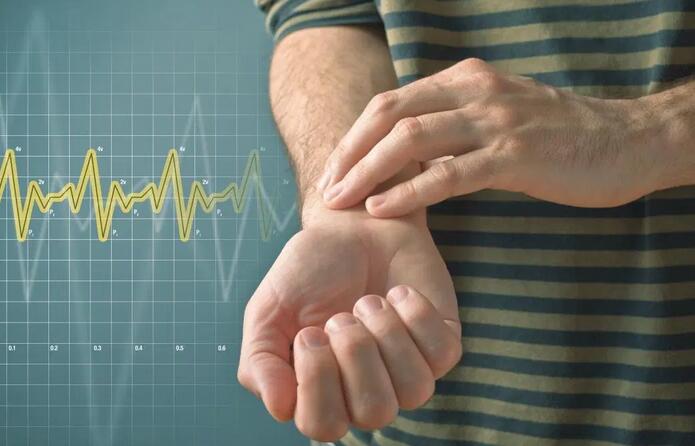
8. Heart Problems
Although it’s uncommon, heart problems can cause dizziness and lightheadedness. This can include a heart attack or an irregular heartbeat, but it’s more likely to be related to your heart rhythm.
Call an ambulance immediately if you experience dizziness, lightheadedness, and other symptoms of a heart problem, such as shortness of breath or chest pain.
9. Vestibular Neuritis
Vestibular neuritis is another cause of dizziness and lightheadedness that a doctor should check out. It’s a sudden inflammation of the nerves connected to your inner ear, which leads to dizziness and unsteadiness.
Vestibular neuritis is most common in people between the ages of 40 and 60. You can treat vestibular neuritis with rest, medications, and a healthy diet.
10. Low Iron
While it’s usually associated with women, low iron can affect anyone. Low iron can cause you to experience symptoms like dizziness and lightheadedness.
If you’re feeling unsteady, you may have low iron. An easy way to tell is to check your nails — if they look pale, you may be anemic. The best way to treat low iron is with an iron supplement.
11. Brain tumor
A brain tumor, although rare, is a possible cause of dizziness and lightheadedness. The tumor can pressure the nerves that control your sense of balance with this condition. A brain tumor can also cause headaches, seizures, or vision problems. Dizziness can also be a symptom of a stroke.
12. Vitamin B12 deficiency anemia
Anemia is also a rare cause of lightheadedness. This is a condition in which you have too few red blood cells to carry enough oxygen to your tissues. The symptoms of anemia include fatigue, shortness of breath, and lightheadedness. Anemia is most often caused by a deficiency of iron in the body.
A deficiency in vitamin B12 can cause lightheadedness and tingling in the arms and legs. It can also cause weakness, fatigue, and a decreased ability to metabolize food.
B12 deficiency is rare in people with a balanced diet that includes meat, fish, eggs, beans, or dairy products. These foods are fortified with B12 and are a reliable source of it.
13. Allergies
Allergies can cause lightheadedness because of swelling of the tissues in your airways. This swelling can make breathing difficult, leading to lightheadedness and even fainting.
If you are experiencing lightheadedness and difficulty breathing, it’s essential to identify the trigger before you go to the doctor. The doctor can then provide treatment for you to use before you are exposed to the allergen again.
14. Ear infections
Ear infections can cause lightheadedness and pop or clicking sounds in your ears. Bacteria or viruses usually cause them.
Ear infections can cause a buildup of fluid in the middle ear, which leads to pressure in the ears and lightheadedness. This condition can be treated with antibiotics. Antibiotics work best when they are started after the infection is detected.
15. Stroke
A stroke is a sudden loss of blood flow to part of the brain. The blood flow interruption can cause brain damage. Some people may recover from a stroke, while others will have long-term or even lifelong effects.
Stroke symptoms include sudden weakness or numbness in the arms or legs, sudden confusion or trouble understanding speech, and sudden vision changes such as blurred vision or loss of vision in one or both eyes. Other stroke symptoms include sudden confusion, slurred speech, and numbness or weakness in the face, arm, leg, or torso.
16. Stress
Stress can cause several health problems, including lightheadedness. When you’re stressed, your body’s fight-or-flight response kicks into action. Your heart rate increases, your blood pressure rises, your breathing rate increases, and your digestive system shuts down. This response is great if you’re in danger and need action.
But if you’re under a lot of stress, this response is not helpful. It can cause lightheadedness, headaches, and even heart attacks. If you notice that you’re experiencing lightheadedness as well as other symptoms of stress, try taking some time to de-stress. Meditation, yoga, and exercise are all great ways of relieving stress.
Other causes of dizziness and lightheadedness
- Heavy menstruation
- Chronic subjective dizziness
- Multiple sclerosis (MS)
- Colds and flu
- Acoustic neuroma
- Hyperventilation
- Parkinson’s disease
- Anxiety or depression
- Benign paroxysmal positional vertigo (BPPV)
- Labyrinthitis or Migraine
- Postural hypotension
- Vertebrobasilar insufficiency
- Carbon monoxide poisoning
- Long-term alcohol misuse
When to see a doctor for dizziness and lightheadedness
If you notice that you’ve been experiencing the symptoms of dizziness and lightheadedness for longer than a few days, you should schedule an appointment with your doctor.
You should also see a doctor if your symptoms are sudden or severe. Your doctor can perform a physical exam, ask questions about your symptoms and medical history, and order any necessary tests.
They can then help you determine what may be causing your dizziness and lightheadedness and how to treat it. If a severe condition causes your dizziness and lightheadedness, you may need treatment immediately to prevent further complications.

